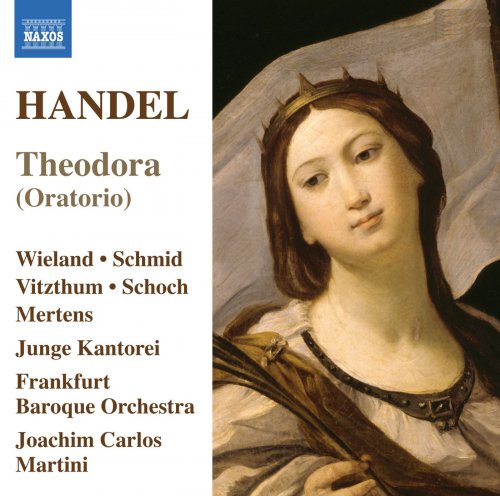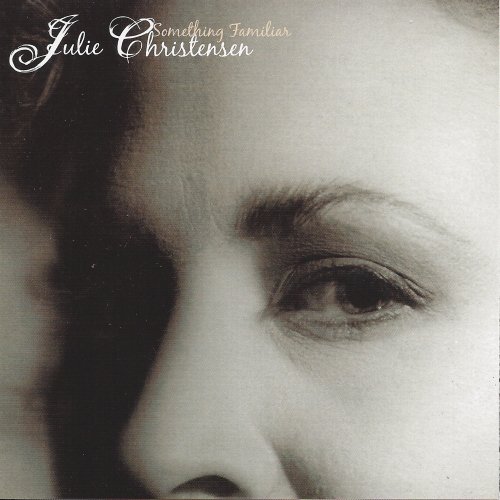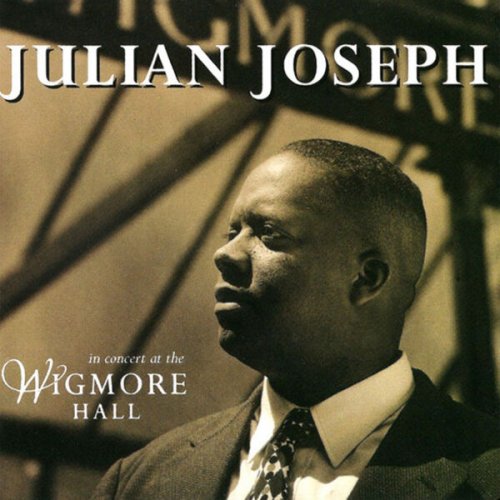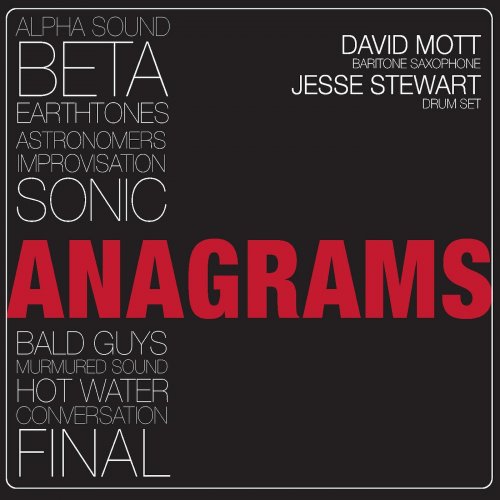Artist:
Joachim Carlos Martini & Frankfurt Baroque Orchestra
Title:
Handel: Theodora
Year Of Release:
2012
Label:
Naxos
Genre:
Classical
Quality:
FLAC (image + .cue, log, artwork)
Total Time: 02:51:12
Total Size: 705 MB
WebSite:
Album Preview
CD 1
1 1. Overtura: Maestoso – Trio – Courante 7:43
Act I
Scene 1
2 2. Recitativo (Valens)
’Tis Dioclesian’s natal day 0:36
3 3. Air (Valens)
Go, my faithful soldier 2:04
4 4. Chorus of Heathens
And draw a blessing down 2:20
5 5. Recitativo (Didymus & Valens)
Vouchsafe, dread Sir 1:04
6 6. Air (Valens)
Racks, gibbets, sword and fire 3:53
7 7. Chorus of Heathens
For ever thus stands fix’d the doom 2:16
Scene 2
8 8. Recitativo (Didymus)
Most cruel edict! 0:32
9 9. Air (Didymus)
The raptur’d soul 7:54
10 10. Recitativo (Septimius)
I know thy virtues 0:50
11 11. Air (Septimius)
Descend, kind Pity 7:30
Scene 3
12 12. Recitativo (Theodora)
Though hard 0:24
13 13. Air (Theodora)
Fond flatt’ring world, adieu! 4:02
14 14. Recitativo (Irene)
Oh bright example 0:30
15 15. Air (Irene)
Bane of virtue 5:14
16 16. Chorus of Christians
Come, mighty father 2:54
Scene 4
17 17. Recitativo (Messenger & Irene)
Fly, fly, my brethren! 1:03
18 18. Air (Irene)
As with rosy steps 5:27
19 19. Chorus of Christians
All pow’r in heaven above 2:19
Scene 5
20 20. Recitativo (Septimius)
Mistaken wretches! 0:26
21 21. Air (Septimius)
Dread the fruits of Christian folly 3:04
22 22. Recitativo (Theodora & Septimius)
Deluded mortal! 0:56
23 23. Accompagnato (Theodora)
Oh worse than death 0:24
24 24. Air (Theodora)
Angels, ever bright and fair 3:00
Scene 6
25 25. Recitativo (Didymus & Irene)
Unhappy, happy crew! 1:22
26 26. Accompagnato & Air (Didymus)
Kind Heaven 5:04
27 27. Recitativo (Irene)
Oh love, how great thy pow’r 0:23
28 28. Chorus of Christians
Go, gen’rous pious youth! 4:21
CD 2
Act II
Scene 1
1 29. Recitativo (Valens)
Ye men of Antioch 0:39
2 30. Chorus of Heathens
Queen of summer 0:56
3 31. Air (Valens)
Wide spread his name 2:25
4 32. Recitativo (Valens)
Return, Septimius 0:45
5 33. Chorus of Heathens
Venus laughing from the skies 1:27
Scene 2
6 34. Symphony of soft musick 0:48
7 35. Recitativo (Theodora)
Oh thou bright sun! 0:31
8 36. Air (Theodora)
With darkness deep 3:01
9 37. Symphony of soft musick 1:31
10 38. Recitativo (Theodora)
But why art thou disquieted 0:29
11 39. Air (Theodora)
Oh that I on wings could rise 3:10
Scene 3
12 40. Recitativo (Didymus & Septimius)
Long have I known 1:21
13 41. Air (Septimius)
Though the honours 4:16
14 42. Recitativo (Didymus & Septimius)
Oh save her then 0:39
15 43. Air (Didymus)
Deeds of kindness 4:59
Scene 4
16 44. Recitativo (Irene)
The clouds begin to veil 0:42
17 45. Air (Irene)
Defend her heaven 4:41
Scene 5
18 46. Recitativo (Didymus)
Or lull’d with grief 0:32
19 47. Air (Didymus)
Sweet rose and lily 2:33
20 48. Recitativo (Theodora & Didymus)
Oh save me, Heaven 1:29
21 49. Air (Theodora)
The pilgrim’s home 2:17
22 50. Accompagnato (Didymus)
Forbid it, Heaven! 0:54
23 51. Recitativo (Didymus & Theodora)
Or say, what right have I 1:09
24 52. Duet (Theodora & Didymus)
To thee 5:16
Scene 6
25 53. Recitativo (Irene)
’Tis night 0:57
26 54. Chorus of Christians
He saw the lovely youth 4:13
CD 3
Act III
Scene 1
1 55. Air (Irene)
Lord to Thee 4:50
Scene 2
2 56. Recitativo (Irene & Theodora)
But see 0:41
3 57. Air (Theodora)
When sunk in anguish 3:51
4 58. Chorus of Christians & Theodora
Blest be the hand 3:06
Scene 3
5 59. Recitativo & Accompagnato
(Messenger, Irene & Theodora)
Undaunted in the court 1:31
6 60. Duet (Irene & Theodora)
Whither, princess, do you fly? 1:33
7 61. Recitativo (Irene)
She’s gone! 0:34
8 62. Air (Irene)
New scenes of joy 3:32
Scenes 4 & 5
9 63. Recitativo (Valens, Didymus & Theodora)
Is it a Christian virtue 2:14
10 64. Air (Septimius)
From virtue springs 4:43
11 65. Air (Valens)
Cease, ye slaves 1:19
12 66. Recitativo (Didymus & Theodora)
’Tis kind, my friends 1:05
13 67. Chorus of Heathens
How strange their ends 2:50
14 68. Recitativo (Didymus, Theodora & Valens)
On me your frowns 0:38
15 69. Air (Valens)
Ye ministers of justice 1:28
Scene 6
16 70. Recitativo (Didymus, Theodora & Septimius)
And must such beauty suffer? 0:55
17 71. Air & Duet (Didymus & Theodora)
Streams of pleasure 4:54
Scene 7
18 72. Recitativo (Irene)
Ere this their doom is past 0:27
19 73. Chorus of Christians
Oh Love divine 2:27
Handel's oratorio Theodora, HWV 68, composed in 1749, was not a great success, even at a time when Handel was a major celebrity in England. Various explanations for its failure have been advanced, including an earthquake that occurred shortly before the production and, in the booklet to this Naxos release, a novel theory concerning cognitive dissonance experienced by London audiences who, being Christians in a city that aspired to be the new Rome, couldn't decide whether to sympathize with the Christians or the Romans in this tragic story of the martyr Theodora and her Roman lover. Handel himself esteemed the work highly, and it's easy to see why: with its dual choruses of Christians and heathens and its tight dramatic structure, it exploits the possibilities of the oratorio form to the hilt. This also demonstrates how composers aren't the best judges of their own works: although the choruses are pure Handelian masterpieces, the arias are no match for those in Messiah or Judas Maccabeus. The work has sometimes been staged to good effect, for it brings out the dramatic impact. There's nothing objectionable in this performance by Germany's Junge Kantorei and Frankfurt Baroque Orchestra under Joachim Carlos Martini, and there is a notable absence of the German accent that German vocal ensembles sometimes feel entitled to retain. The Frankfurt Baroque Orchestra is a competent historical-performance group, and the general deployment of forces, with a small orchestra but a large chorus of young people, is attractive. But Martini's straight-arrow reading and the by-the-numbers performance of soprano Christina Wieland in the title role sometimes leave the listener wishing for more intensity. This is a fully competent recording of this rather rarely heard piece, but it awaits a fuller explication of what Handel was trying to do. -- James Manheim



![Dub Colossus - Dub Will Keep Us Together (2026) [Hi-Res] Dub Colossus - Dub Will Keep Us Together (2026) [Hi-Res]](https://www.dibpic.com/uploads/posts/2026-03/1772556292_folder.jpg)





![Kobert - Off the Hook (2011) [Hi-Res] Kobert - Off the Hook (2011) [Hi-Res]](https://www.dibpic.com/uploads/posts/2026-03/1772434077_lnz36qc7wmx6u_600.jpg)